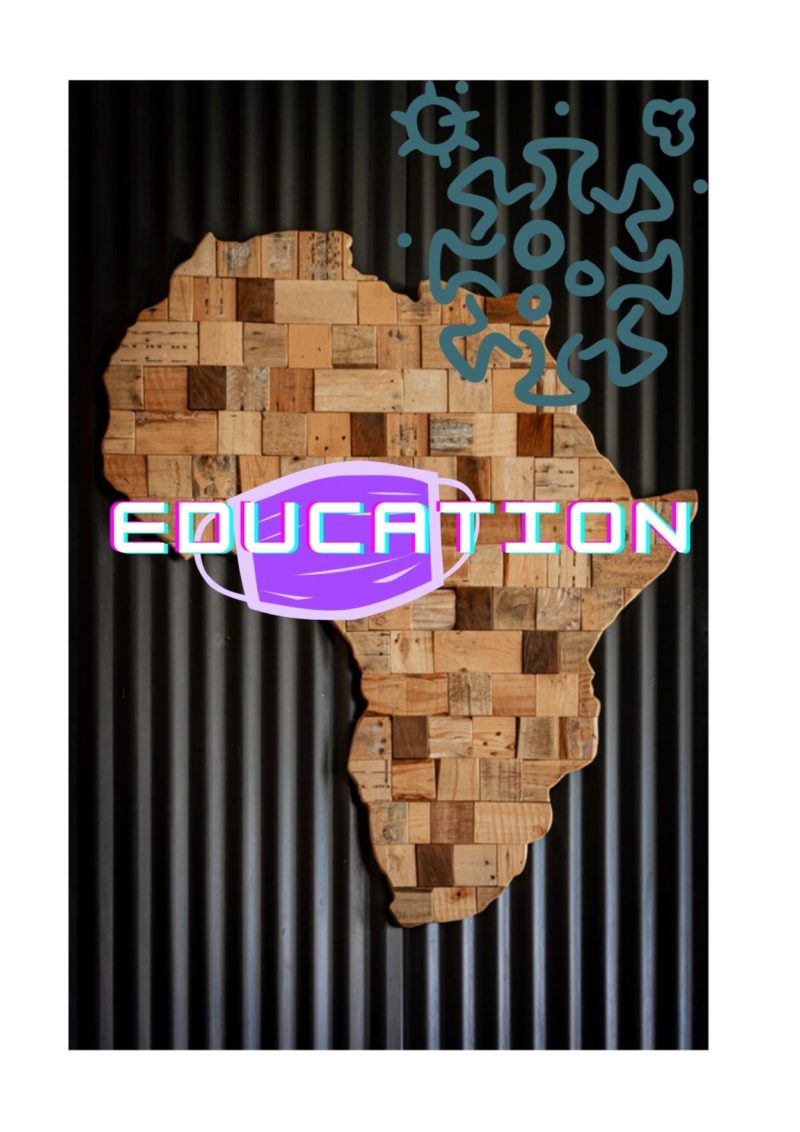The Education Industry Will Never Be The Same After The Pandemic
Ever since the world started battling the new enemy, Covid-19, students have not been able to attend in-person classes in areas with high infection rates. Thankfully, learners in developed nations have been able to continue learning online throughout the pandemic.
Unfortunately, children in developing nations have not enjoyed any such privilege. For months since the pandemic started millions of students were unable to get any form of formal education in Sub-Saharan Africa and some other developing places. What has been the overall impact of Covid-19 in education in these areas?
Impact of Covid-19 in Africa and Beyond
According to Unicef, more than 127 million young children in Africa were unable to go to school when the virus started. A small fraction of that number had access to online learning tools while the majority did not. These children have been deprived of an online learning platform for several reasons that all boil down to a lack of resources.
Many countries in Africa still struggle to get sufficient power. In Nigeria, for example, electricity is a luxury enjoyed by the rich. There are parts of the country that enjoy frequent power supply but only the rich can afford to stay there. A majority of young children come from poor homes and have no access to the power that they need for online classes. Even if they can manage to get power, only a few have access to computers or smartphones as these are also luxuries. Parents who manage to get steady power and a computer for their children also need to pay outrageously high Internet tariffs before their children can study online.
The picture painted above is not a pretty one and it has impeded almost all the efforts by Unicef to provide solid alternatives to in-person classes. Thankfully, students are starting to return to schools across the continent as the number of daily infection rates drops significantly. These children are now being rushed through exams even though they were deprived of learning for more than six months. Some parents employed teachers who provided additional instructions for their kids to help them catch up.

The UN Response to the Covid-induced Education Crisis in Africa
Shortly after school closures in Africa, the UN and Unicef started making moves to help struggling governments provide education to their residents. So far, their advanced support has cost them over $5.4 million and allowed them to help over 21 governments in Africa provide a better infrastructure for online learning amid the pandemic. These funds are also being channeled toward preparing schools to reopen. The UN has promised that more funds are in the pipeline.
The efforts by Unicef are noble but it is still not enough to reach millions of primary, and secondary school students who have been deprived of basic education. Millions of marginalized and vulnerable children are still stranded because the educational system in their countries was already failing before the virus started. These children have become more vulnerable to:
Child Abuse and Exploitation
Child abuse is a plague that has been a problem long before the coronavirus pandemic. While reports of child abuse can be heard from different parts of the globe, the poorest and most marginalized fall victim the most. With extended school closures, there was a significant surge in child abuse reports across Sub-Saharan Africa. Following the lockdown that forced parents to stay at home, more children have been sent to hawk on the streets or engage in other forms or child labor and exploitation. These children are being exploited by people who are supposed to be responsible for them.
Unplanned Teenage Pregnancy and Dropping Out
The UN has also reported a surge in unplanned teenage pregnancy in the Covid-19 era. Without a formal structure to keep their minds engaged and give them the education they need, teenagers are more prone to making bad choices. The longer students stay out of school, the more likely they will be to drop out permanently. This is especially so for students who were already prone to dropping out in the past. Those who had access to online learning will be more willing to continue in-person schooling than those who didn’t.
Conclusion
The education sector is a fragile but essential one. The World Health Organisation would not have recommended a complete lockdown if they didn’t think it was necessary. Students, especially younger ones, might not be able to practice social distancing and other safety policies. So, staying at home was the best way to protect the young and vulnerable members of society.
